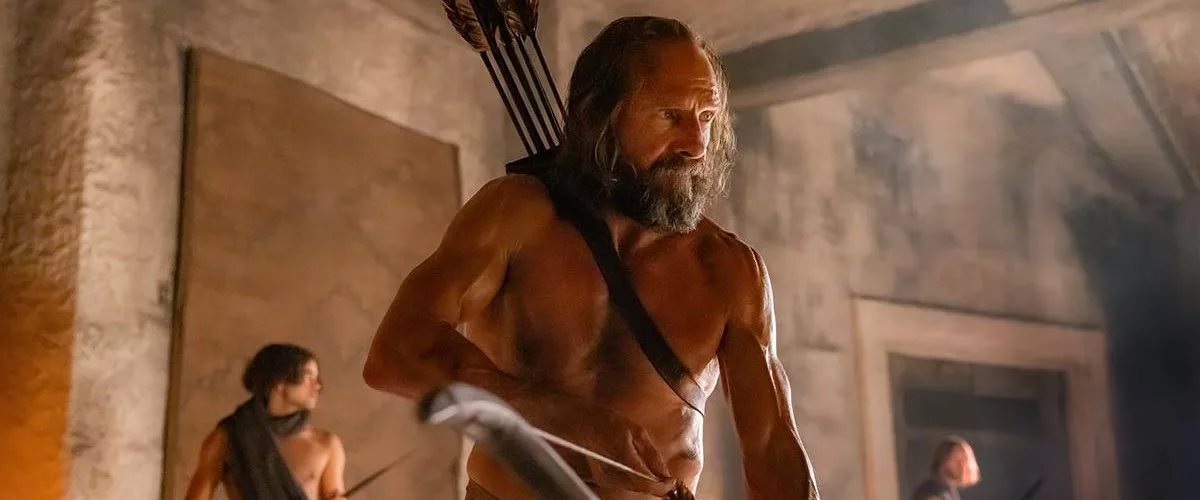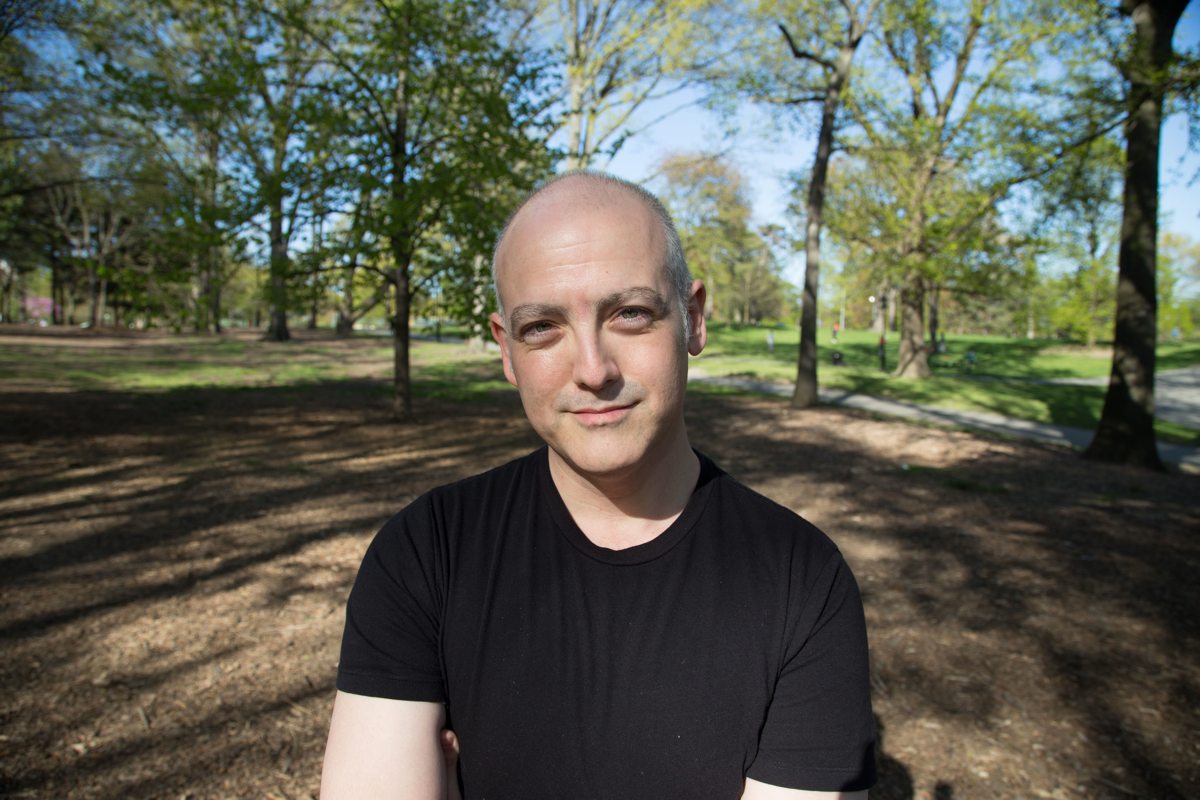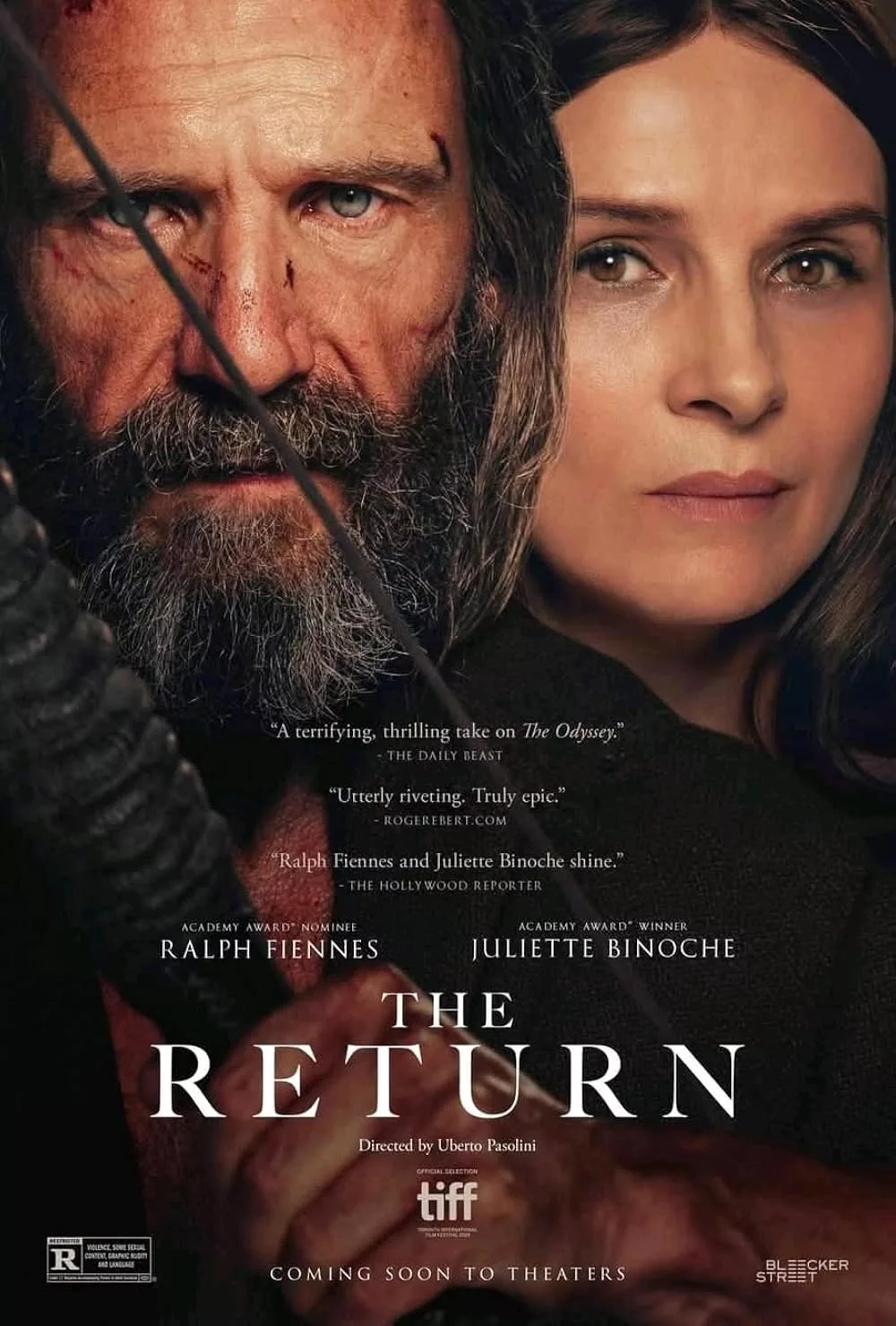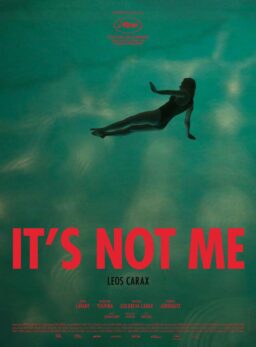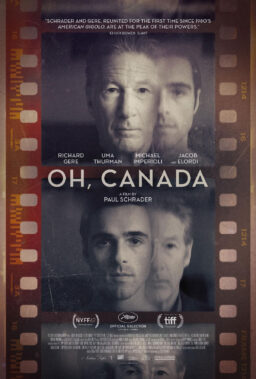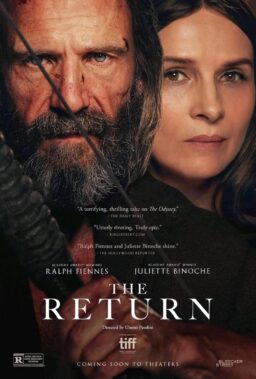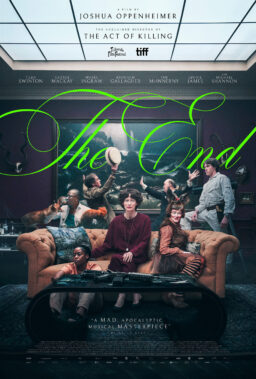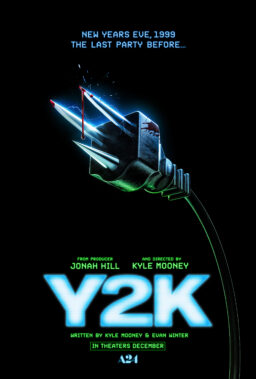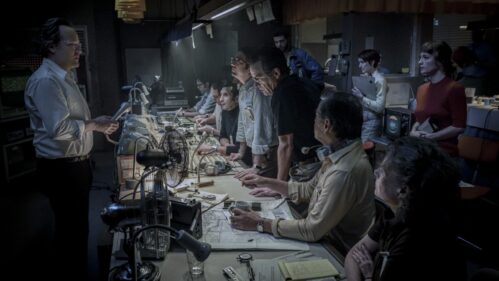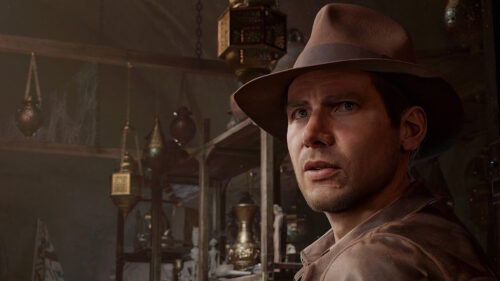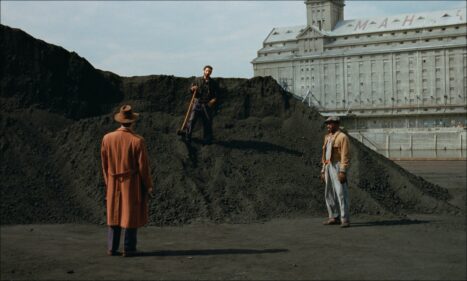The final stretch of Homer’s epic poem The Odyssey is one of the most cathartic and romantic endings in all of storytelling—cathartic for the violence a family unleashes on its tormentors, and romantic for the bond it expresses between a husband and wife separated by geography, time, and their own issues. (It’s not romantic in the “flowers and candy on your birthday” sense, but in the “I will bring you the head of your enemy in a leather sack” sense.)
The hero Odysseus, forced to wander the Aegean’s wine-dark seas with his crew for ten years following the Trojan War, washes up on the beach of Ithaca, the island where he once was king. He plots to reunite with his now-adult son Telemachus and his wife Penelope, who’ve been besieged by would-be suitors of Penelope who ransacked the island’s food supply and befouled the family home with their debauchery. Disguised as a beggar by the goddess Athena, and aged by twenty years away, Odysseus is unrecognizable even to his loved ones. The ending is both a restoration of the old order and a righteous bloodbath, as ingenious and exciting as the hero’s adventures on the seas, despite the more intimate scale. When you learn that director Uberto Pasolini and screenwriters Edward Bond and John Collee have compacted the last nine “books” of Homer’s epic to make a self-contained feature, it sounds like as much of a can’t-miss proposition as handing the hero his trusty longbow.
Unfortunately, the result is a thoughtfully acted but solemn slog. It takes forever to set the restoration of Odysseus’ household in motion. It doesn’t seem aware of how flat “realism” in the acting and filmmaking (a lot of it is shot in rather plain handheld closeups, like a network TV series) and a superimposing of contemporary psychodrama onto Homer’s myths, is at odds with the material in fundamental ways that the filmmakers are never able to reconcile (for instance, Penelope not recognizing the man who fathered her child is easier to accept in a story that has a Cyclops, sirens, and sea monsters in it). The grimdark approach has yielded fascinating retellings of ancient tales before, but this isn’t one of them, despite credits that are overflowing with talent.
A weary existential funk surrounds the movie from the beginning and never lifts.
The performers are fully committed to the film’s vision. The central trio of Ralph Fiennes as Odysseus, Juliette Binoche as Penelope and Charlie Plummer as Telemachus play their characters as psychically scarred survivors of war, deprivation and various types of pain (Odysseus’s scars are physical, his wife and son’s emotional). Telemachus is introduced staring at the ocean as waves crash. Penelope is weaving what she claims is a garment for her eventual wedding, and says she’ll pick a suitor when she’s done (no incentive to hurry, of course); she, too, stares out at the ocean. Our first glimpses of Odysseus show him lying face down and naked on the shore after the shipwreck that killed what was left of his crew.
Binoche, reuniting with Fiennes after “The English Patient,” has the presence to play a woman whose regal aura has survived decades of what amounts to house arrest. More than any other actor in the cast, she’s believable as a person not of our millennium. Some of the best moments in the film are silent reaction shots of Penelope pondering a solution to a problem or observing the many ways in which the suitors have disrespected the island, and their home in particular. Is there more going on in Binoche’s performance than in the writing of Penelope? I believe so. Penelope’s deft navigation of the suitors’ attention might’ve benefited from more detail, as well as from a more straightforward acknowledgment that the characters in The Odyssey are not really all that much “like us” and that you can’t make them seem as if they are—not without removing elements that make the poem what it is. (More on this in a moment.)
The ripped and compact Fiennes is every inch the aging yet still potent action hero, but never ostentatiously so. The film’s (minimal) fighting and killing is choreographed so that nobody does anything that a human couldn’t actually do. Fiennes is known for his ability to mine every nuance in complex dialogue, but he’s playing a strong and silent type here—somebody who is trying to sell an illusion and play a long game that’ll restore a disordered universe—and it’s a treat at first to see him cast against type.
But the bloom starts to wear off once you realize that movie’s asking him to do an awful lot of silent musing and thousand-yard stares that don’t so much deepen the character as restate what we already know about him. And the shearing away of the poem’s magical or supernatural elements remove a lot of his vigor and depth. Odysseus doesn’t speak to goddesses or to the ghosts of war dead in this one. He’s just a veteran who’s returned home and wants to remove a bunch of jerks from his house and get back together with his wife and son, who he hopes aren’t too mad at him.
The finale is appropriately brutal but lacks the complex push-and-pull that you might feel reading the story, or watching previous film and TV versions that aren’t striving for a modern idea of “realism” while at the same time sanding off some of the rougher edges of Homer’s story. (In the poem, Odysseus doesn’t merely slaughter the suitors, mostly by himself; the housekeeper Eurycleia identifies household maids who had sex with the suitors, and they’re all put to death.)
The Odyssey is one of my favorite stories of all time, and I was looking forward to “The Return,” but it never rises above the level of an honorable but misguided good try.
